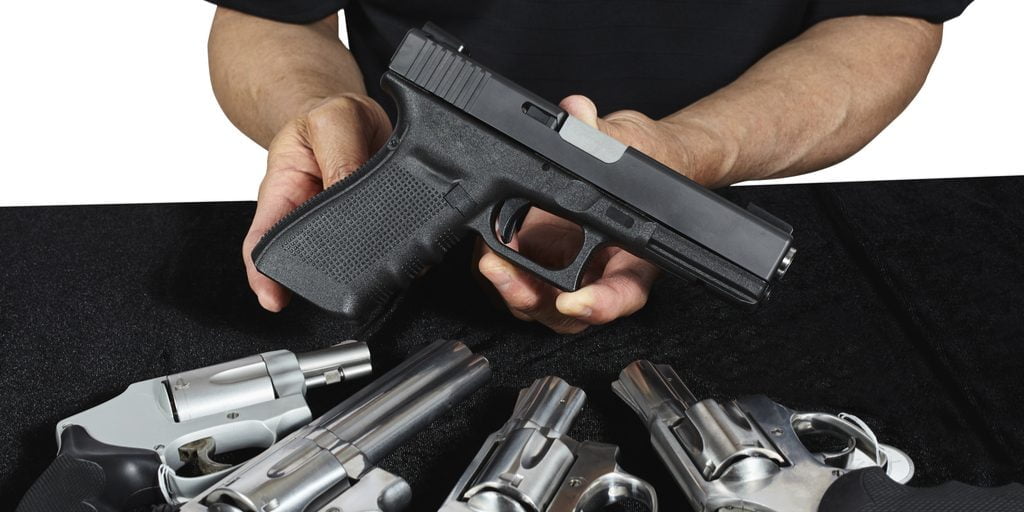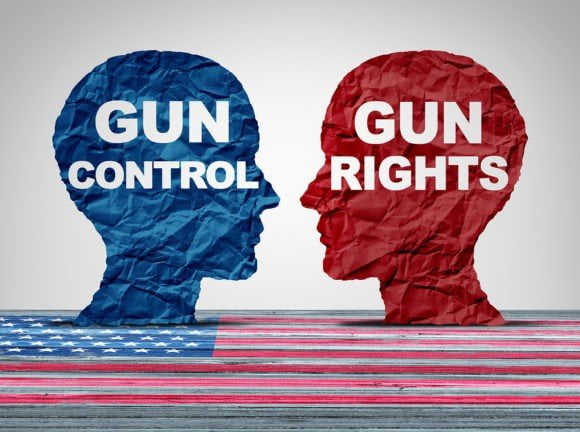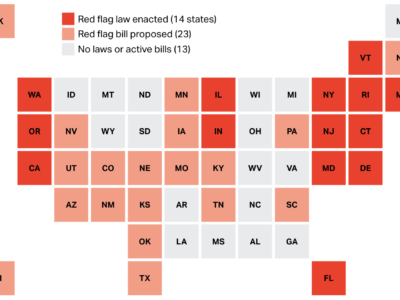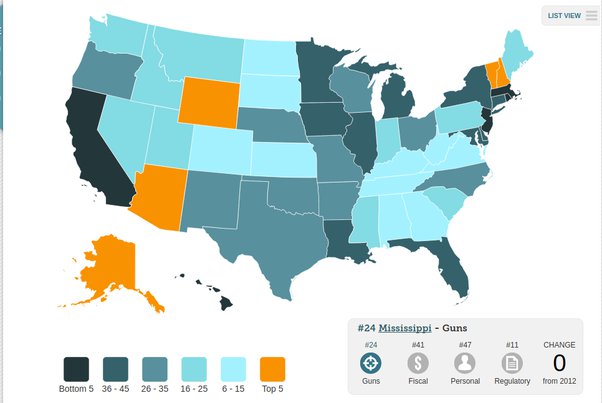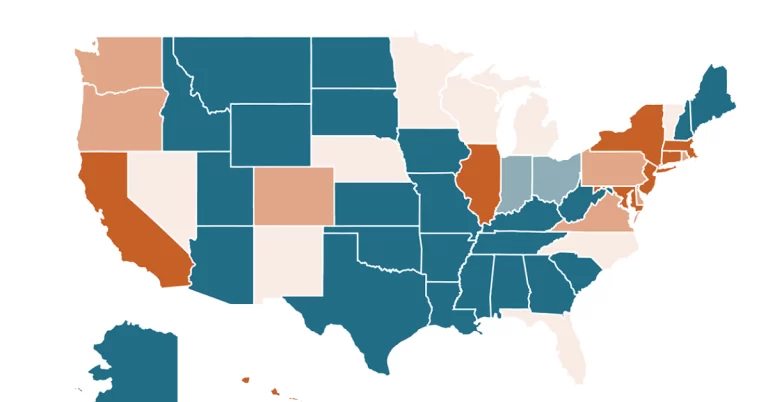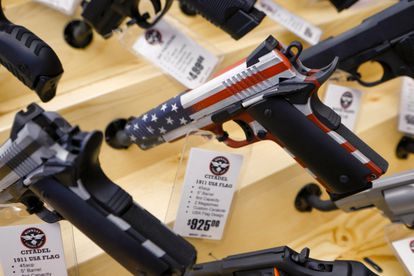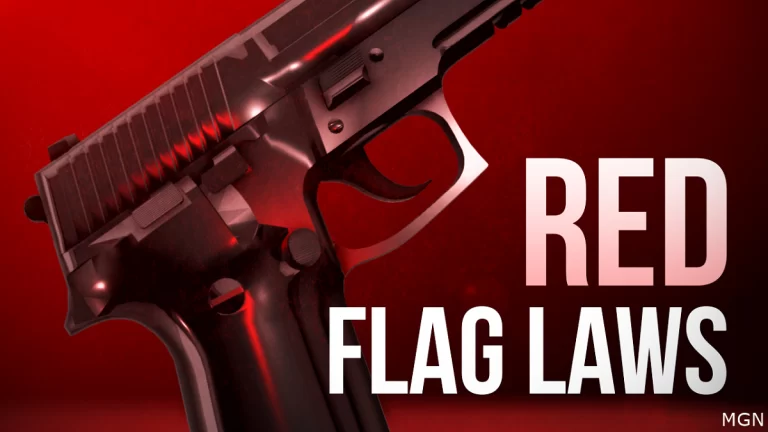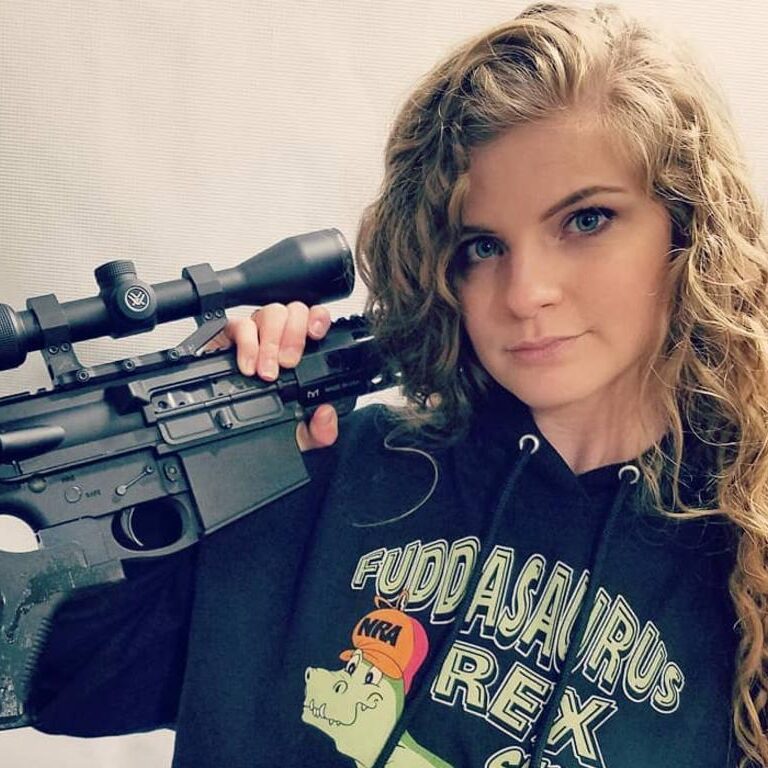Private Gun Sales Law
Private gun sales in the United States have long been a topic of debate and concern. These sales, often referred to as off-record gun sales, raise questions about legality, safety, and the broader implications for society. This article delves into the intricate landscape of private gun sales, dispelling misconceptions, and shedding light on the various aspects associated with this practice.
Are Private Gun Sales Right in the US?
The perception that off-record gun sales are inherently problematic stems from a range of factors, including biases and misinformation. Some individuals with an anti-gun agenda perpetuate the idea that all private gun sales are detrimental to public safety. This narrative finds its way into media discussions, leading to confusion among those who are less familiar with firearms ownership. However, it’s important to understand that the reality is more nuanced.
Legal Aspects of Private Gun Sales
Private gun sales are not universally illegal in the US. While some states have enacted laws against private transfers of firearms, the majority of states allow for certain circumstances where these transfers are legally permissible. Individuals can transfer firearms privately either as gifts or by selling them, without the need for a licensed dealer to facilitate the transaction.
In states where private gun sales are legal, background checks and registration are not mandatory. As long as both parties involved agree on a reasonable price for the firearm, the transfer can occur without further regulatory requirements.
The Process of Buying Guns Privately
Purchasing firearms privately follows a process similar to buying or selling any other personal property. However, ethical considerations come into play due to the responsibility associated with the firearm’s potential use. Understanding the legality of private sales is crucial, as it varies by location.
In areas where private sales are legal, taking precautions is essential to ensure a safe and responsible exchange. Here are some steps to consider:
1. Request Proof of Identity
To establish trust and accountability, both buyers and sellers should exchange proof of identity. This can include obtaining a photocopy of the buyer’s or seller’s driver’s license. A reluctance to provide such information could be a red flag and might indicate potential issues.
2. Concealed Carry Permit
In states where firearms ownership requires permits, requesting a concealed carry permit from the buyer or seller can provide an additional layer of legality. This helps ensure that both parties are operating within the bounds of the law.
3. Sign a Bill of Sale
A bill of sale is a legally binding document that outlines the terms of the transaction, including the price. This document can be essential in case of future inquiries or legal matters.
4. Attach Legality Factors
Establishing transparency and accountability is crucial. Keeping records of the transaction details and sharing them with the authorities can help ensure that the exchange is conducted responsibly.
5. Consider Jurisdiction and State Laws
Given the variability of state gun laws, it’s important to consider the jurisdiction and legal requirements of both the buyer’s and seller’s locations. Crossing state lines with firearms may lead to legal complications.
6. Beware of Red Flags
Individuals who insist on secrecy or avoid dealer involvement should be approached with caution. Transparency is key to a responsible private firearm exchange.
Online Gun Purchase and Legalities
Online gun purchases are a viable option in the US, but they come with certain legal requirements. Contrary to popular belief, buying guns online does not exempt buyers from background checks. The same regulations that apply to in-store purchases also apply to online transactions.
Various websites and apps offer a range of firearms for sale, allowing buyers to compare prices and find the best deals. However, the process of purchasing firearms online involves a few specific steps:
1. Shipping to a Licensed Dealer
Firearms purchased online cannot be directly shipped to the buyer’s residence. Instead, they must be shipped to a licensed gun dealer with a Federal Firearms License (FFL). This ensures that proper legal procedures are followed.
2. Communication with Licensed Dealer
Coordinating with the chosen licensed dealer is essential. Providing the online store with the dealer’s FFL information is necessary before the gun is shipped.
3. Completing Background Checks
Upon receiving the firearm at the licensed dealer’s location, the buyer needs to complete paperwork and undergo a background check. This process ensures that the buyer meets the legal requirements for firearms ownership.
Private and Licensed Dealers in Online Sales
Both private individuals and licensed dealers can engage in online gun sales. Private sellers typically advertise on gun-related websites, social media platforms, and other online channels. While private sales can occur, they still need to adhere to legal guidelines and regulations.
Licensed dealers, on the other hand, are obligated to follow strict legal procedures for online sales, including background checks and proper documentation. This adds a layer of security and accountability to the process.
Conclusion
Navigating the realm of private gun sales in the US requires a clear understanding of local laws and ethical considerations. While private sales can be legal in many states, responsible practices are essential to ensure the safety of both parties and the broader community. By adhering to proper procedures, such as requesting proof of identity, considering concealed carry permits, and signing bills of sale, individuals can engage in private firearm transactions with confidence and legality.
FAQs
1. Are private gun sales legal in all US states?
Private gun sales’ legality varies by state. While some states allow them under certain conditions, others have strict regulations against them.
2. Do I need a concealed carry permit for private gun sales?
In states where firearms ownership requires permits, having a concealed carry permit can add a layer of legality to the private sales process.
3. Can I buy guns online without a background check?
No, online gun purchases are subject to the same background check requirements as in-store purchases to ensure buyer eligibility.
4. How can I ensure a safe private gun sale?
Requesting proof of identity, signing a bill of sale, and considering the jurisdiction’s laws are crucial steps to ensure a safe and legal private firearm sale.
5. Can private sellers legally sell firearms online?
Private sellers can engage in online firearm sales, but they must still adhere to legal regulations and transparency measures to conduct responsible transactions.
6 what are the current private gun sale laws in Oregon
The current private gun sale laws in Oregon do not require background checks for private gun sales, including those at gun shows. However, private sellers cannot knowingly sell firearms to anyone prohibited from purchasing/possessing guns under state or federal law.
7 what is the state of Florida’s private gun sales law
Florida passed legislation in 2018 requiring background checks for all firearm sales, including private sales. The law mandates that private gun sellers conduct background checks through a licensed firearms dealer before completing a sale. Exceptions are made only for sales to immediate family members.
